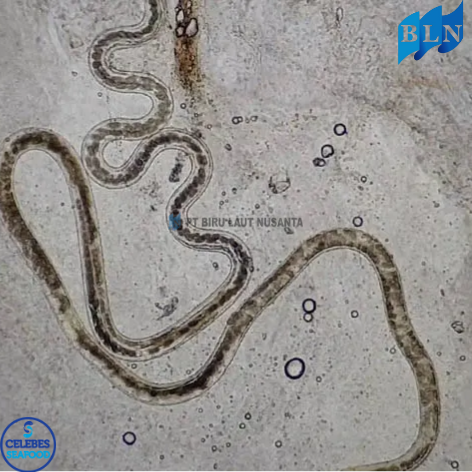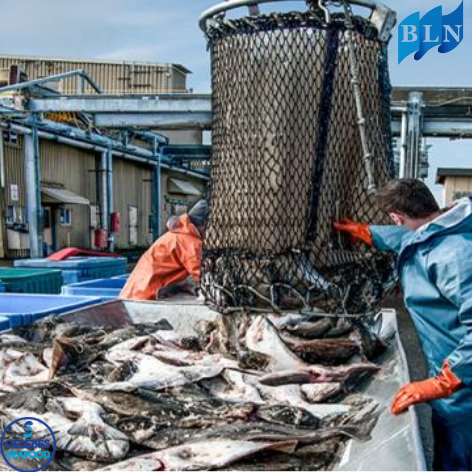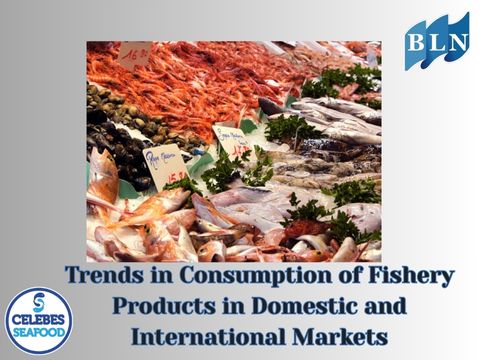Tax Waves and the Shaking of Makassar's Fisheries Sector: Between Contribution and Concern
By. Tri - 14 Apr 2025
lautnusanta.com_ Makassar, with its long coastline and rich marine resources, makes the fisheries sector one of the important pillars of the regional economy. Thousands of fishermen, cultivators, processors, and seafood traders depend on this sector for their livelihoods. However, news or implementation of tax increases, both at the central and regional levels, has now raised concerns among Makassar's fisheries players. This policy, which aims to increase state or regional income, has the potential to shake the stability and growth of a sector that has long been an inseparable part of the city's identity and economy.
The increase in various types of taxes can directly or indirectly affect the value chain of the fisheries sector in Makassar. The increase in Value Added Tax (VAT) on production inputs such as fuel, fishing gear, and aquaculture feed will increase operational costs for fishermen and cultivators. The increase in Income Tax (PPh) for fisheries entrepreneurs, both small and large scale, can reduce profit margins that are often fluctuating due to natural and market factors. In fact, the potential increase in regional taxes such as auction levies or taxes on marine products can also increase the financial burden.
One of the most worrying impacts is the erosion of the competitiveness of small-scale fishermen and fish farmers. Those with limited capital and who depend on daily catches or harvests will feel greater cost pressures. Increased fuel prices, for example, could force them to reduce the frequency of going to sea or even stop operating, which would ultimately reduce the supply of fish in the market and threaten their livelihoods.
For the fisheries processing and export industry in Makassar, tax increases also bring their own challenges. Increased production costs due to increased VAT on raw materials and packaging could reduce the competitiveness of Makassar's processed products in both domestic and international markets. An increase in export taxes (if implemented) would further worsen the situation, reducing incentives to export and potentially shifting markets to other countries with more favorable policies.
In addition, regulatory uncertainty and the complexity of tax administration can be major obstacles for fisheries players, especially those who still operate traditionally or on a small scale. Lack of understanding of the new tax regulations and difficulties in meeting reporting requirements can lead to confusion and potential sanctions, further burdening their businesses.
However, as with other sectors, tax increases can also bring potential benefits if managed wisely. Increased regional or state revenue from the fisheries sector through taxes should be reallocated to develop fisheries infrastructure in Makassar. Investment in port improvements, adequate cold storage development, improved processing facilities, and modernization of logistics systems can improve the efficiency and competitiveness of the fisheries sector as a whole.
In addition, tax increases can be a momentum to encourage formalization and better governance in the Makassar fisheries sector. The government can use this policy to provide incentives for tax-compliant business actors, while also providing assistance and training related to financial management and tax administration. Sustainability and certification programs can also be encouraged along with increasing the contribution of the fisheries sector through taxes.
To mitigate the negative impacts and maximize the positive potential of tax increases on the fisheries sector in Makassar, several important steps need to be considered:
1. Intensive Dialogue and Socialization: The government needs to actively involve fisheries actors in the policy-making process related to taxes. Clear and comprehensive socialization regarding the reasons, mechanisms, and potential impacts of tax increases is crucial.
2. Proportional and Gradual Policies: Tax increases should consider the scale of business and the diverse economic conditions in the fisheries sector. Gradual implementation and adjusted rates for traditional fishermen, small-scale cultivators, to large industries can reduce excessive financial shocks and pressures.
3. Reinvestment of Tax Revenue for the Fisheries Sector: Most of the tax revenues from the fisheries sector should be reallocated for infrastructure development, empowerment programs for fishermen and cultivators, and improving the quality and sustainability of marine resources in Makassar.
4. Simplification of Tax Administration: The government needs to simplify the tax administration process for fisheries actors, especially small-scale ones, through assistance, training, and utilization of technology.
5. Incentives for Sustainability: Tax policies can provide incentives for sustainable and environmentally friendly fisheries practices, as a long-term effort to maintain the productivity of the sector.
Tax increases are a policy reality that the Makassar fisheries sector needs to address wisely. While concerns about increased costs and reduced competitiveness are understandable, this policy can also be an opportunity for sector improvement and modernization if implemented by considering real conditions on the ground and accompanied by a commitment to reinvest for the future progress of the Makassar fisheries sector. Constructive dialogue between the government and fisheries actors is key to finding a balance between fiscal contributions and the sustainability of livelihoods and economic growth of the vital marine sector. If you are interested in our product Red Emperor Fillet Skin On, Red Snapper Fillet Skin On please do not hesitate to contact us through email and/or whatsapp.
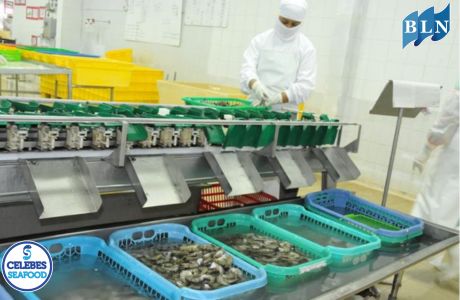

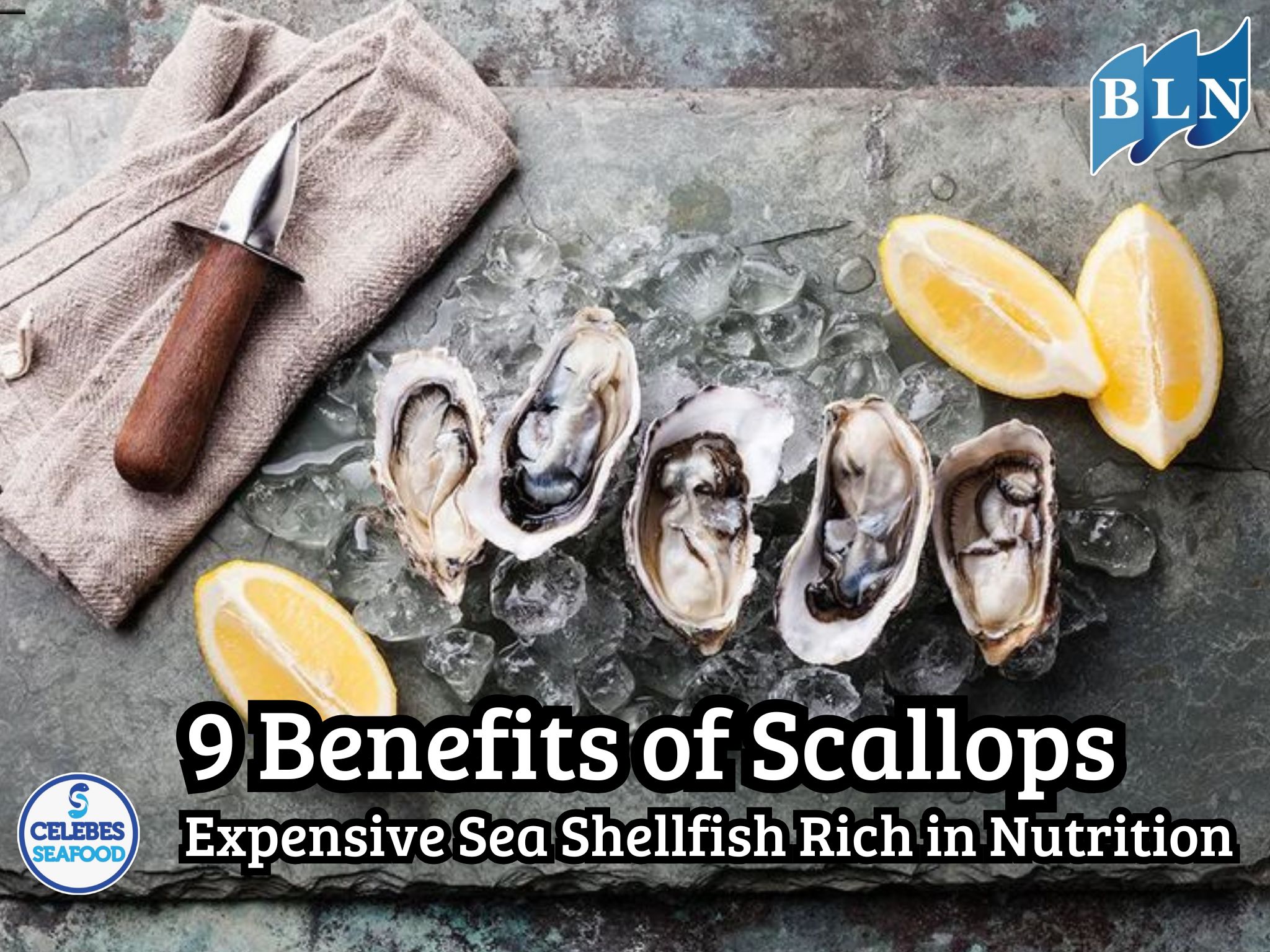
.jpg)
